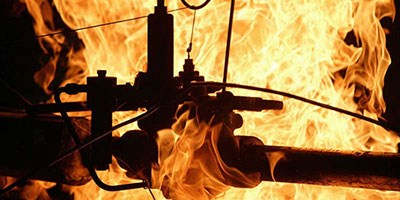The Flow Component Testing Facilities (FCTF) at Southwest Research Institute have expanded safety and performance testing capabilities to include hydrogen valve testing.
SwRI engineers will be exhibiting these hydrogen valve testing and FCTF capabilities at the Valve World Americas Expo & Conference in Houston, Texas at Booth No. 405.
Oil and gas companies are increasingly blending hydrogen into natural gas pipelines, requiring valves that are less susceptible to hydrogen-related embrittlement and are more leak-tight. Demands for hydrogen research have also increased as government and industry seek new industrial applications to help reduce greenhouse gas emissions.
SwRI is accredited through the American Petroleum Institute (API) to perform validation testing on both surface and subsurface safety valves. The facilities accommodate safety testing of other downhole safety, riser isolation, and wellhead valves. All testing is completed under an API Q1 and ISO 17025 quality management system.
These special valves operate at either very low temperatures or at high pressures to ensure hydrogen storage. Because hydrogen molecules are so small, valves must be securely tightened and tested for leaks. SwRI offers nearly all testing methods for hydrogen valves, including the international standard, ISO 19880-3.
Hydrogen can cause many materials used in refineries and oil and gas distribution pipelines to become brittle. For instance, after continuous exposure to hydrogen, carbon steel valves can become less effective and more likely to break, which could lead to gas leaks and create safety hazards.
SwRI not only offers clients the ability to test for material compatibility and performance but also offers fire technology services such as fire testing of non-metallic seals, risk and hazard assessment, hydrogen flame detector testing, and safety best practices.


